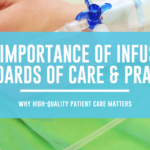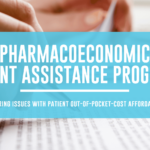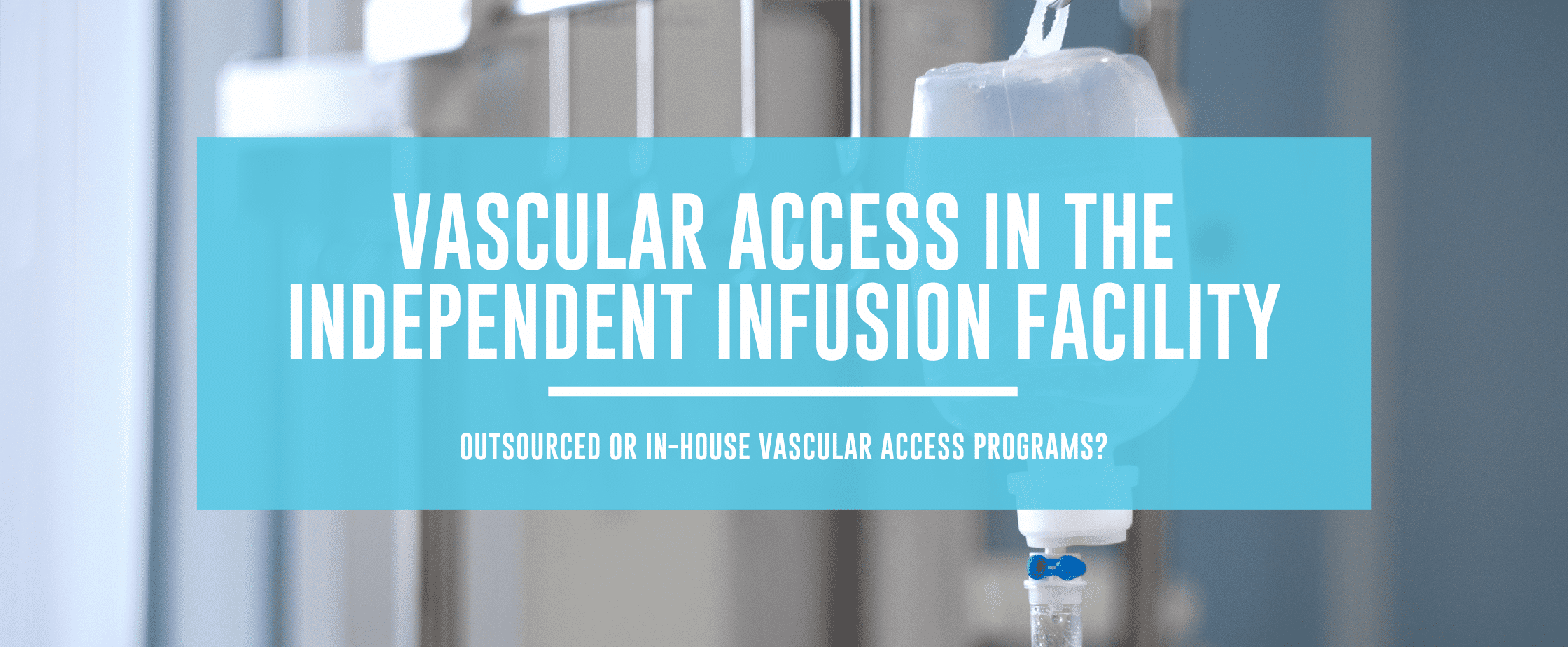Is growing your own vascular access program or outsourcing one the right choice for your infusion center? As an infusion clinician, we’ve all experienced those difficult-to-stick patients. Those patients who require every arrow in the quiver, every trick of the trade, every last bead of sweat, and every expended tear of frustration that wells in the eyes.
Decreased patient satisfaction, increased supply costs, and loss of valuable time all add to the frustrations of both patient and caregiver. Though these situations are frustrating in acute care, those in the independent infusion arena encounter more challenges as they are not privy to hospital-based resources such as a vascular access team.
Independent infusion centers are growing to fit a new culture of non-hospital-based care delivery models. With this growth, challenges need to be addressed, and safe and efficient vascular access is a priority on everyone’s list.
The ideal scenario might be to employ a certified vascular access nurse who can be available 24/7 for those patients with difficult venous access (DVA). However, when the ideal scenario isn’t possible because an infusion center doesn’t have a vascular access nurse on the team or is unable to find one, there are other options: grow a program or outsource the service.
Growing Your Own Vascular Access Program
Vascular access training can be obtained through your IV products medical supplies distributor, or through specialized education training entities such as Infusion Knowledge or PICC Excellence. The advantage of this route is multiple employees benefit from bulk training as these educational programs usually offer a discounted rate for multiple students.
In addition, these platforms typically offer advanced training on ultrasound-guided placement of peripheral intravenous catheters (PIVs), midlines, and peripherally-inserted central catheters (PICCs). As a side note, an infusion center may be lucky enough to find a larger entity that will allow employees to piggyback into their program as well.
Disadvantages in considering this route are costs associated with the program, staffing compromise (shift coverage while employees are being trained) and the dispensability of staff (training does not obligate an employee to remain employed with a facility indefinitely, thereby creating another employee who would need to be trained). The investment may not be feasible or align with the long-term goals of the facility.
Outsourcing A Vascular Access Program
Infusion centers may want to consider reaching out to a local hospital to arrange vascular access services, however hospitals can not bill for simple PIV placement alone as that is bundled with the administration charge. For the hospital to recoup its costs, it would have to be providing the infusion service in its entirety. Rerouting clientele back to the hospital setting isn’t the only option, however. Administrators may wish to consider outsourcing to a mobile independent vascular access company.
For those wondering what this service looks like, consider this: In the early 2000’s hospital vascular access teams were struggling to justify the need for full-time employees ( FTEs). Expensive training for specialized vascular access nurses and lack of consistent/dependable workload left this department vulnerable to budget cuts, and often resulted in eliminating this “nonessential” department. Necessity is the mother of invention, as the saying goes, and during this time, the subcontracted vascular access business emerged. Today, this specialty is well-established and growing exponentially, representing a very feasible solution for independent infusion centers to meet the needs of their patients with difficult vascular access.
An independent vascular access service provides expert nurses, often nationally certified, with experience placing PIV, PICC, and midlines. These services are typically available seven days a week and offer a reasonable turnaround time from order to placement. Infusion centers have the advantage of knowing when patients with advanced vascular access needs are scheduled, thereby allowing for a subcontracted vascular access specialist to be scheduled when the need is anticipated. In addition, vascular access services such as midline and PICC line placement can also be performed within a facility. The average cost of an ultrasound-guided PIV placed by a subcontracted service can potentially be $50.00-100.00, with potential for discounted billing with more than one placement per visit. The average cost of a PICC line placement could be five times more in a hospital setting (with ECG placement technology) which can be a deterrent to treatment when considering the 20% deductible a patient is responsible for with Medicare Part B.
Advantages to acquiring a contract with an independent vascular access service: first and foremost, keeping our patients (especially immunocompromised) out of a hospital setting is good practice, there is no need or worry about educating and maintaining staff proficiency with placement of advanced vascular access devices. In addition, the level of convenience for staff is immeasurable. Improving time management and turn around (placement to use) helps decrease costs, while this service increases facility efficiency and helps provide a positive patient experience.
Vascular access is the first step in providing care for your patient population, but it is also the first step in providing a positive patient experience. Whether outsourcing services or providing advanced specialized training for your staff, improving the IV experience will improve the overall experience for our patients.
National Infusion Center Association (NICA) is a nonprofit trade association and the nation’s voice for non-hospital, community-based infusion providers that offer a safe, more affordable alternative to hospital care settings for provider-administered medications.
About the Author
Tara M. Wright DNP-s, BSN, RN is a guest contributor for NICA. Ms. Wright is presently a doctoral student of Nursing Practice at Clemson University in South Carolina. As a seasoned vascular access/infusion therapy nurse of 22 years, she has worked in outpatient/inpatient settings, home health, and with subcontracted vascular access entities. Tara continues as an educator for PICC Excellence and Clemson University in addition to her proactive efforts in Alternative health awareness. She has earned ONS, AVA-BC, and IV Nutrient therapy certifications in addition to establishing her own IV Nutrient therapy clinic and continues to be an active member or INS, AVA, and NICA. You can engage with them on LinkedIn, here: www.linkedin.com/in/tara-wright-dnp-s-bsn-rn-2868a6236
About the National Infusion Center Association
NICA is dedicated to ensuring that the nation’s infusion centers remain a safe, more efficient, and more cost-effective alternative to hospital settings for consistent, high-quality care.
Infusion providers have a vested interest in the sustainability of the infusion delivery channel and its ability to serve vulnerable patient populations. NICA Provider Members have a voice and a seat at the table to inform NICA’s activities and the opportunity to remain highly engaged in the expansion and optimization of the infusion industry. Learn more about becoming a NICA member, here: https://infusioncenter.org/member-partner-page





